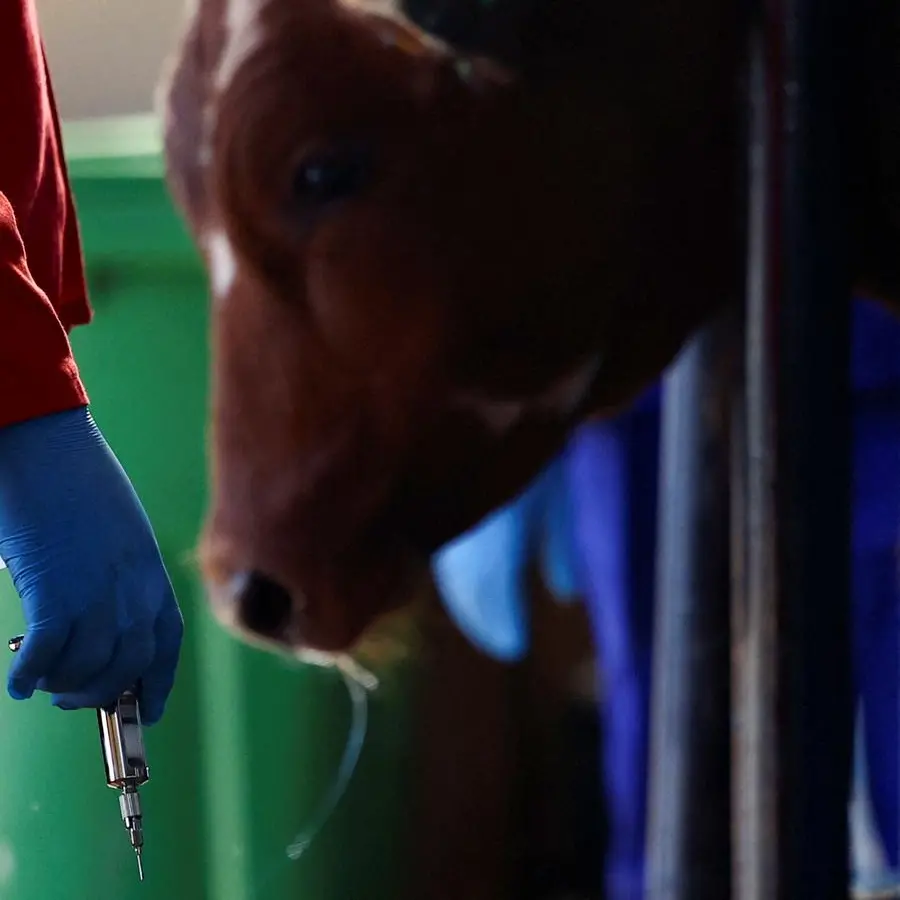PHOTO
Cervical cancer ranks as the second most prevalent form of the deadly disease among women in Rwanda, yet only 24 percent of eligible females in the country have undergone screening in the past five years, according to the Rwanda Health Management Information System (HMIS).
To address this Chinese BGI Genomics (Beijing Genomics Institute) and the Rwanda Biomedical Centre (RBC) have launched a pioneering cervical cancer screening programme in Ngoma District, Eastern Province.
The initiative aims to provide 20,000 Human Papillomavirus (HPV) DNA tests to local women thus enhancing cervical cancer screening and prevention efforts.
The programme also seeks to improve local precision medical testing capabilities by employing BGI Genomics’ advanced self-developed HPV DNA testing products.
The World Health Organisation (WHO) recommends HPV DNA testing as the first-choice screening method for cervical cancer prevention due to its high accuracy rate of up to 95 percent.
BGI Genomics’ self-developed HPV DNA testing products are ideal for large-scale population screening and precise HPV genotyping.
These tests can pinpoint the 14 high-risk HPV types closely linked to cervical cancer, as outlined by WHO guidelines. Validated by large-scale clinical data, these tests are suitable for self-sampling, making them accessible and efficient.
The self-sampling model requires minimal medical staff to facilitate the rapid collection of numerous samples. This approach enhances accessibility and enables screening to reach areas with limited medical resources.
It is especially beneficial in remote regions of developing countries where cold chain logistics are lacking, as it reduces the need for advanced transportation and storage infrastructure.
The ease of use, and privacy of self-sampling further encourage women to participate in screening programmes, thus increasing coverage.“Rwanda aims to lead the way in achieving the global cervical cancer elimination goals. We value our collaboration with BGI Genomics, which has enhanced screening services in the Ngoma district,” said Dr Albert Tuyishime, head of the HIV/Aids disease prevention and control department at RBC.
© Copyright 2022 Nation Media Group. All Rights Reserved. Provided by SyndiGate Media Inc. (Syndigate.info).
PAULINE KAIRU





















